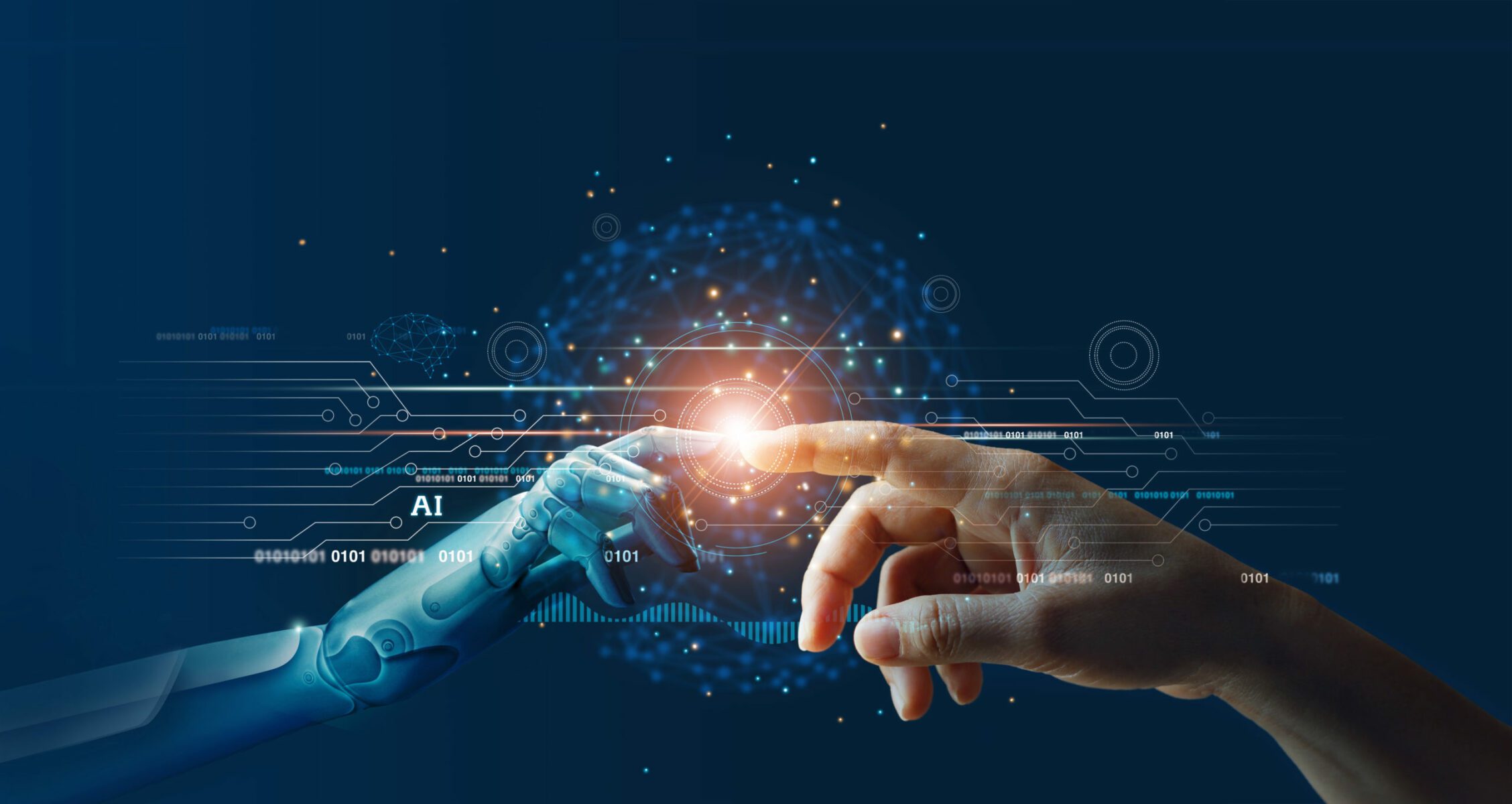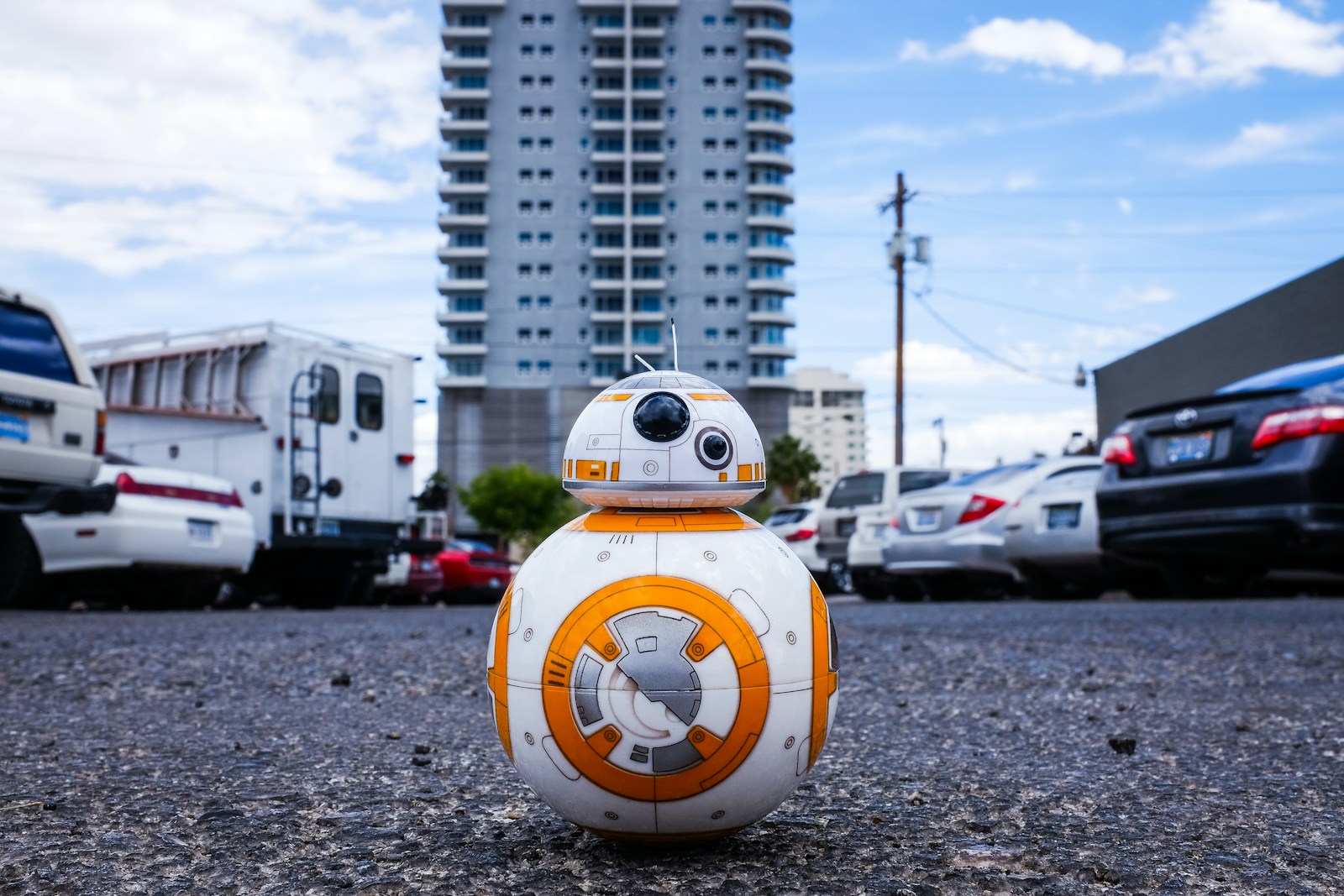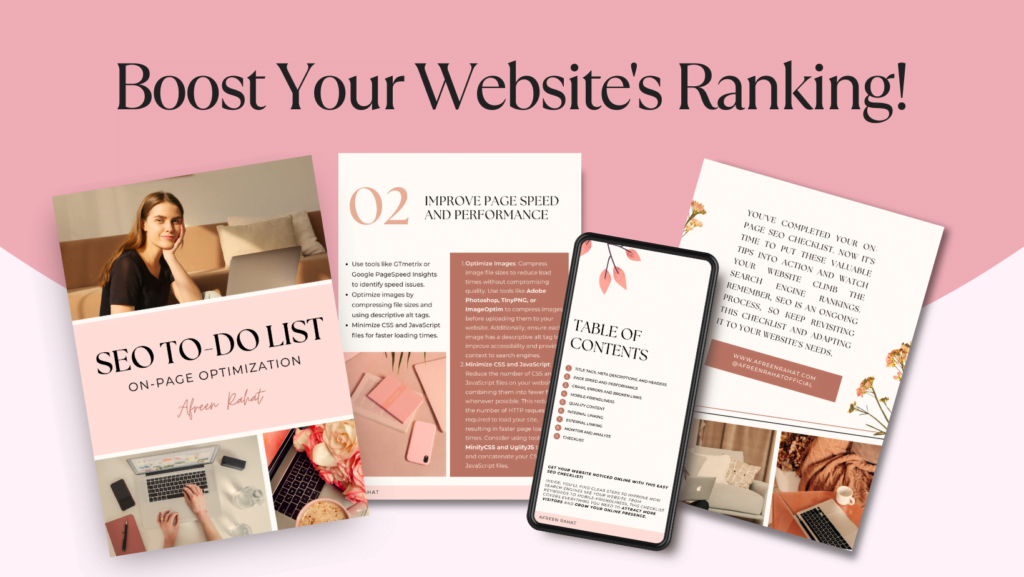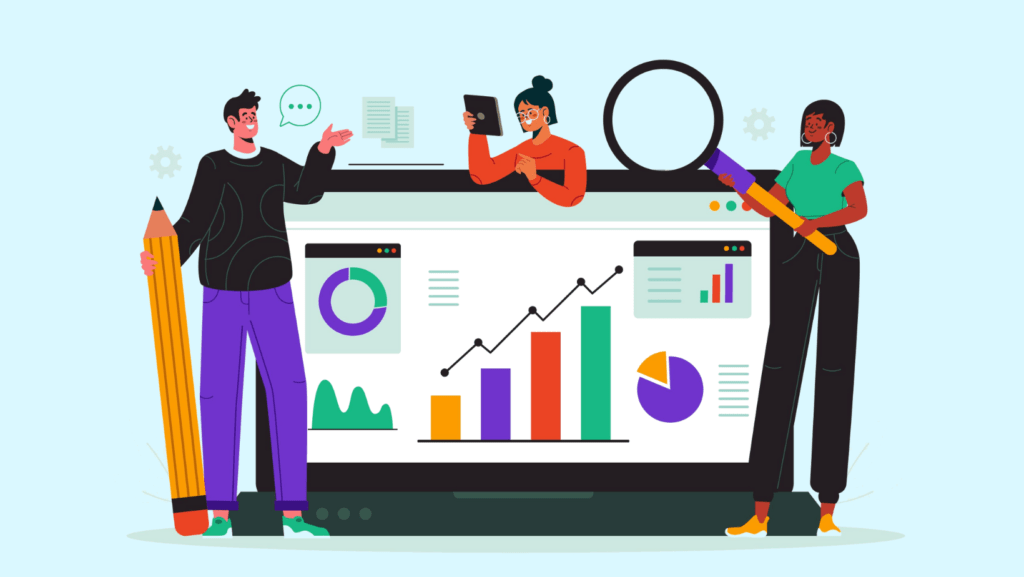Digital marketing has always been a rapidly evolving field, but nothing has quite reshaped the landscape like Artificial Intelligence (AI). From automating mundane tasks. Let’s be honest, digital marketing moves fast. One day you’re mastering Instagram Reels, the next you’re trying to wrap your head around algorithm updates, voice search, and chatbots. It’s exhausting. But what if I told you there’s a game-changer making all of this easier, more effective, and surprisingly human? Enter: Artificial Intelligence (AI).
The AI revolution is already here. And in the world of digital marketing, it’s not about robots taking over. It’s about smarter strategies, faster results, and deeply personal experiences that feel tailor-made for every customer.
So, let’s dive into how AI is reshaping digital marketing and why it’s something every marketer (yes, even you) should embrace.
Why AI is the New Marketing Powerhouse
AI isn’t just a buzzword. It’s a transformative force. From predicting customer behavior to automating repetitive tasks, AI is helping brands work smarter, not harder.
Think of AI as your super-smart marketing assistant. It never sleeps, learns from every interaction, and helps you make data-driven decisions in real time. And the best part? It’s already working behind the scenes in tools you probably use every day like Google Ads, Facebook’s targeting algorithms, email marketing platforms, and more.
But how exactly is AI changing the game? Let’s break it down.
1. Hyper-Personalization at Scale
Remember when personalized marketing meant using someone’s first name in an email? Cute. But today, AI takes personalization to a whole new level.
With machine learning, brands can now deliver custom content, product recommendations, and offers based on individual behavior, preferences, and even mood (yes, really). Netflix recommends shows you’ll love. Amazon suggests products you didn’t know you needed. Spotify curates playlists that feel like they were made just for you.
In digital marketing, this means:
- Dynamic email content that changes based on user behavior
- Personalized landing pages for different audience segments
- Product recommendations powered by real-time browsing data
AI analyzes thousands of data points from past purchases to time spent on a page and uses that insight to serve up experiences that feel personal, relevant, and timely.
And customers love it. According to McKinsey, personalized marketing can deliver 5 to 8 times the ROI on marketing spend and lift sales by 10% or more.
2. Smarter Ads, Better Results
Running ads without AI is like driving blindfolded. You might get somewhere, but it’ll take longer, cost more, and you’ll probably crash a few times.
AI-powered advertising platforms (like Google Ads and Meta Ads) use machine learning to:
- Automatically optimize bids
- Target high-intent audiences
- Test ad creatives and copy in real time
- Predict which users are most likely to convert
This means less guesswork, lower costs, and higher conversion rates. For example, AI can analyze which ad variation performs best at 7 PM on a Tuesday and automatically allocate more budget to it—without you lifting a finger.
Plus, with AI, retargeting becomes smarter. Instead of showing the same ad to everyone who visited your site, AI segments users based on behavior and serves them relevant messages. Someone who abandoned their cart gets a discount offer. A frequent visitor sees a new product launch. It’s marketing that makes sense.
3. Content Creation, Fueled by AI
Writers block? Not anymore.
AI tools like ChatGPT, Jasper, and Copy.ai are helping marketers generate blog ideas, write product descriptions, craft social media captions, and even draft entire articles fast.
But here’s the key: AI doesn’t replace creativity, it enhances it.
Instead of spending hours brainstorming headlines or rewriting product copy, AI helps you generate first drafts in seconds. Then, you step in with your human touch—adding emotion, brand voice, and storytelling flair.
And it’s not just text. AI is now creating images, videos, and voiceovers. Tools like DALL·E and Synthesia let marketers produce high-quality visual content without hiring a designer or videographer.
The result? Faster content production, consistent brand messaging, and more time to focus on strategy and connection.
4. Predictive Analytics: Seeing the Future (Almost)
One of AI’s most powerful features is its ability to predict what customers will do next.
Using historical data and real-time signals, AI can forecast:
- Which leads are most likely to convert
- When a customer might churn
- What products will trend next season
- The best time to send an email
For example, an e-commerce brand can use AI to identify customers at risk of leaving and automatically send them a personalized offer to win them back. Or a SaaS company can predict which free users are ready to upgrade and target them with a tailored demo.
Predictive analytics turns marketing from reactive to proactive. Instead of waiting to see what happens, you’re one step ahead.
5. Chatbots & Customer Service That Actually Helps
Let’s face that nobody likes waiting on hold. But 24/7 human support isn’t scalable (or affordable).
Enter AI-powered chatbots.
Modern chatbots aren’t clunky “press 1 for sales” systems. They’re intelligent, conversational, and capable of handling complex queries. Whether it’s answering FAQs, helping with returns, or guiding users through a purchase, AI chatbots provide instant support any time of day.
And they keep getting better. With natural language processing (NLP), chatbots understand context, tone, and intent. They can even detect frustration and escalate to a human agent when needed.
The result? Happier customers, lower support costs, and more conversions.

The Human Touch Still Matters
Here’s the truth: AI is powerful, but it’s not magic. It can’t replace empathy, creativity, or genuine connection.
The best digital marketing strategies blend AI efficiency with human insight. Use AI to handle the heavy lifting like data analysis, automation, optimization—then pour your energy into storytelling, brand building, and building real relationships.
AI gives you the what and when. You bring the why and how.
Getting Started with AI in Your Marketing
Feeling overwhelmed? Don’t be. You don’t need to build an AI from scratch. Start small:
- Audit your current tools – Many platforms (Mailchimp, HubSpot, Google Analytics) already have built-in AI features. Explore them.
- Automate repetitive tasks – Use AI to schedule posts, segment email lists, or generate reports.
- Test one AI tool – Try an AI writing assistant or chatbot for your website.
- Focus on data – Clean, organized data fuels AI. Make sure your CRM and analytics are up to date.
- Measure and iterate – Track performance, learn what works, and scale.
The Future is Here And It’s Personal
The AI revolution in digital marketing isn’t about replacing humans. It’s about empowering them.
By automating the mundane, predicting customer needs, and personalizing every interaction, AI helps marketers do what they do best is to connect with people.
The brands that win in the next decade won’t be the ones with the biggest budgets. They’ll be the ones who use AI to deliver smarter, faster, and more personal experiences at scale.
So, are you ready to embrace the revolution?
Because the future of marketing isn’t just digital.
It’s intelligent.
It’s intuitive.
It’s human—powered by AI.
Want more insights on AI and marketing?
Subscribe to our newsletter for weekly tips, tools, and real-world examples of AI in action. No fluff just actionable strategies to grow your brand.



